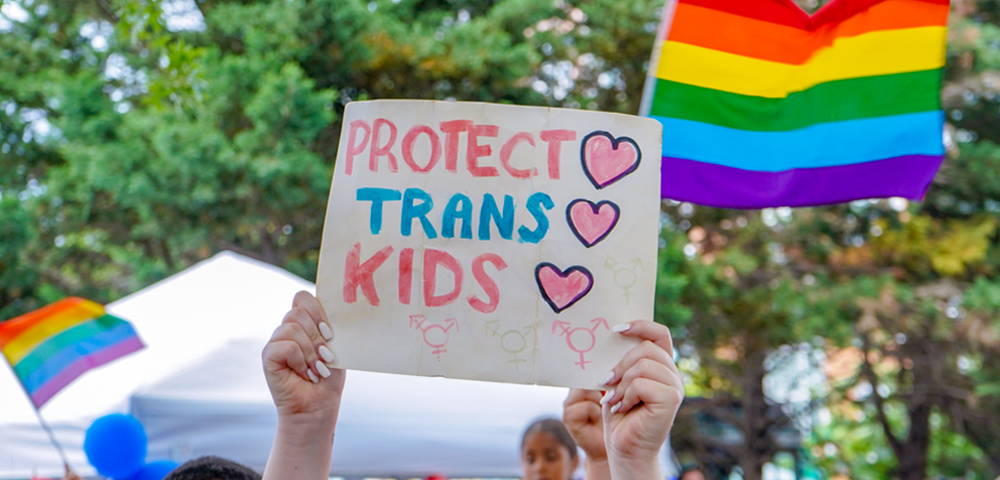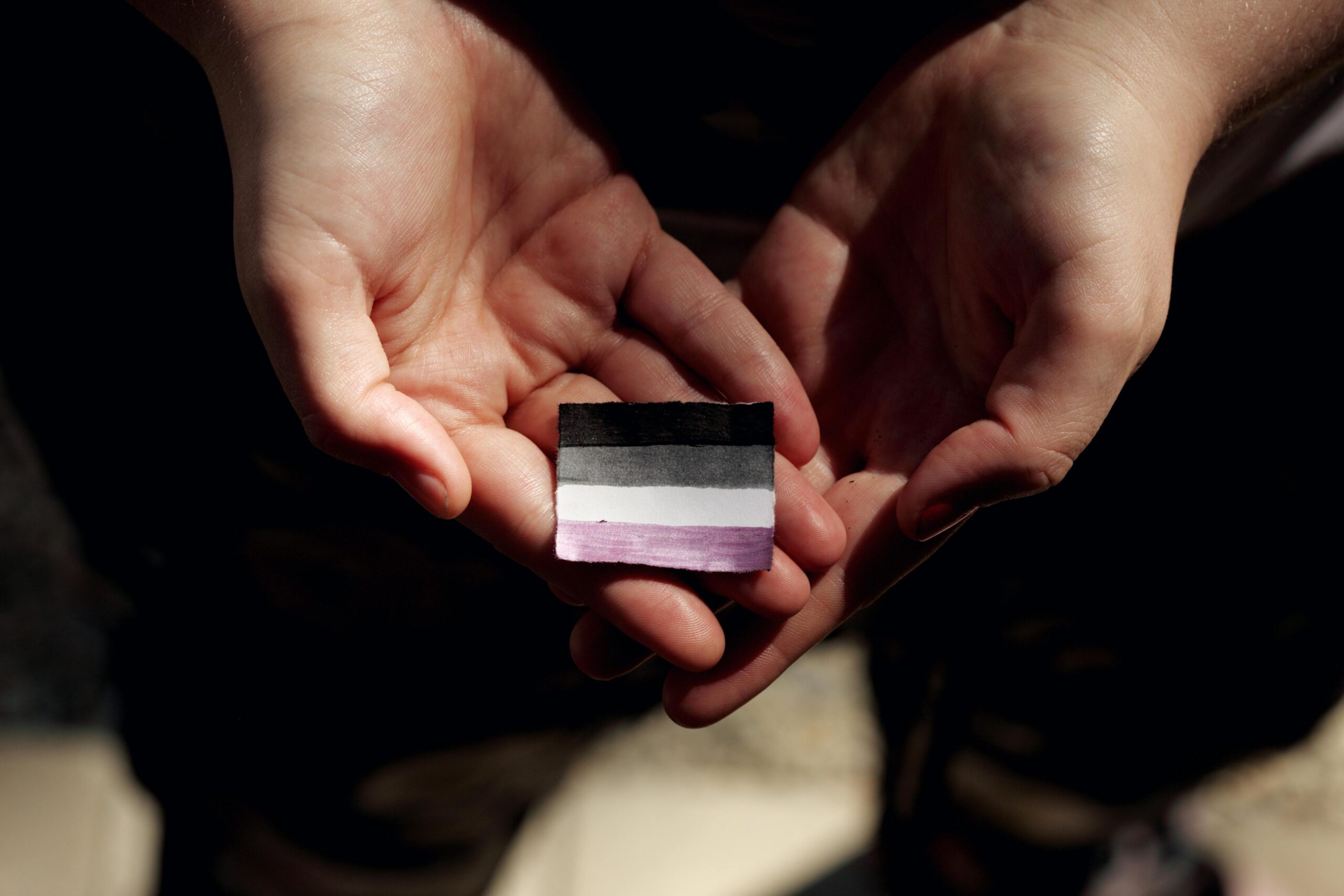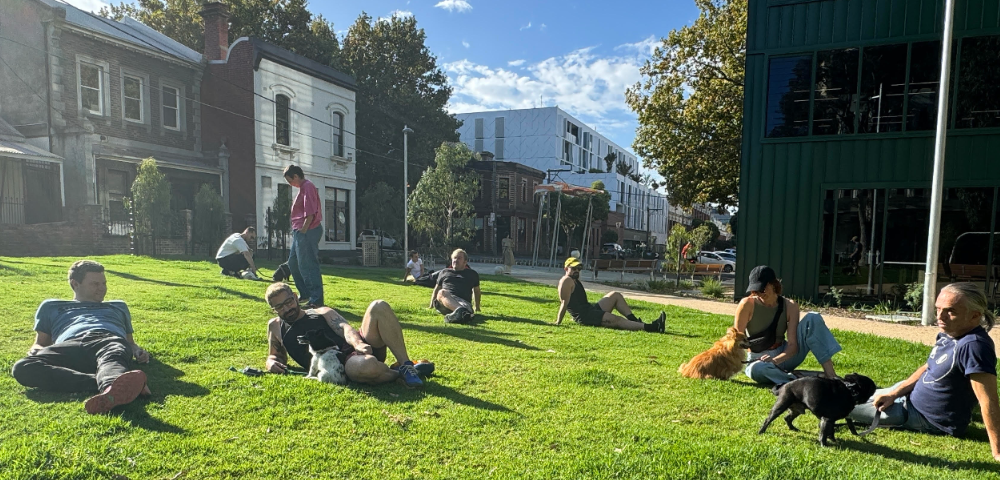


Since the announcement by the O’Farrell government on proposed crack-down on alcohol licensing in New South Wales, I have been bemused, although not surprised, by the predictable backlash to the proposals.
As expected much of the rhetoric is similar to that of the powerful Australian Hotel Association and the alcohol industry, a rhetoric it should be noted which is not too dissimilar to the rhetoric used by the gun lobby.
That is, punish or restrict the offending individual rather than impinge on the rights of the wider community.
Also we need to be careful of selective public policy where it is OK for instance to have tight restrictions of alcohol supply in Aboriginal communities to prevent violence but is not OK to do this in urban settings. A case of possible double standards?
While I welcome the diversity of discussion that has ensued and understand the premise on which much of the negative reaction is based, this important social health issue needs to be to discussed and debated in a considered way.
Just as politicians implementing knee jerk reactive public policy is unhelpful, so too is knee jerk reactions by the public that is based on rhetoric rather than sound evidence of efficacy and effectiveness.
There have been some very good critiques of the current proposals that need to be considered in the implementation of the proposed interventions, e.g the time of the stopping of serving alcohol and the lack of public transport options and availability of taxis at that time.
However, generalised statements that it has not worked in other cities so it won’t work here cannot go unchallenged. There are robust evaluations that have proven the efficacy of these sorts of initiatives.
It is true that they have not worked in all cities but this is often due to the interventions being piecemeal in the approach rather than the approach not being without merit. The lock out and ceasing to serve alcohol at 3am proposals should not dismissed lightly.
There is strong compelling evidence not only in Newcastle but internationally that these strategies are effective in reducing violence in public places as well as reducing the demand in Emergency Rooms and hospital beds.
I am supportive of many of the proposed changes although I would urge caution not to allow public policy to be based soley on emotionally charged reactions to untimely deaths. NSW is still paying the consequences of poorly considered drug policy that was developed in response to the death of a teenager in the 90s.
In some aspects the proposals do not go far enough and as some commentators have highlighted there is a greater need for examination of the glorification of alcohol and violence, especially strong cultural association with masculinity for Australian men.
Alcohol is associated with many social problems within our society including violence, domestic violence, suicide, work place absenteeism and work place injuries. There is a proven association between excessive alcohol use and steroid use as precipitators of alcohol fuelled violence.
The economic cost to our society due to lost productivity and the cost of dealing with the associated social problems let alone the cost to the public health system due to alcohol related injury is immense.
I am critical of some of the commentary within LGBTI communities that we are not prone to alcohol fuelled violence. We may not be going around intoxicated and picking fights in streets, however much of the same-sex domestic violence, perpetrated often behind closed doors is alcohol fuelled.
In my work I constantly see the negative impacts of alcohol not only on individuals but also partners, families and friends. For LGBTI communities, alcohol dependency and binge drinking are major health issues. Much of the random street violence perpetrated against LGBTI people is often committed by people who are severely intoxicated.
For those who argue that this is the “nanny state”, I would remind you that it is this same “nanny state” that we turn to, to ensure our human rights are protected and that hate crimes are outlawed.
For those who say no one has the right to tell me what to do, then I remind you of the brave and heroic gay men who at the beginning of the HIV epidemic who tried to warn us of the virus and pleaded for us to change our sexual practices. They were vilified, ridiculed and demonized.
This is a serious social and public health challenge in our society requiring a serious and thoughtful response. As with most public health issues, we need as a society and as LGBTI communities, to prioritise what is more important.
The well-being and the safety of the community versus individual rights. Sometimes they cannot both be accommodated and we have to be brave enough to decide.
After 25 years working in suicide prevention, public health and LGBTI rights and health, I have made my decision what I think will lead to a more safer and healthier community for all.










It is a poor argument to say it worked (or didnt work) in other cities, so it will work in Sydney, without being able to say exactly why, since each city is has its own unique signature in demographics and social issues. You might remember his isnt the first time in Sydney we have imposed knee-jerk trials on limitations of the selling of liquor and lockouts. Have they been proven to be effective? Why should another 6 month trial prove to be any more effective. Our recent bout of coward punches have occurred hours before 1:30am.
Bravo Barry. Rights come with responsibilities, restraints, and consequences.
Yes, alcohol laws specifically targeting aboriginals are racist. My question would be, ‘if the lock-out was so reasonable, why have they not generally included all licensed establishments and not just city venues’. Why does it broadly include LGBTI establishments which are clearly not a danger for violence, except that violence targeting the LGBTI community. Is unseen domestic violence not a problem for heterosexuals in suburban areas? This article does not really address why non-general laws are so great when they clearly target those unlikely to engage in violence.
Well stated Barry. Yes we run to the authorities when we are attacked so as a community we should support reasonable alcohol controls. Nightclubs seem okay but is there any reason to have 24 hour trading in pubs. As a counsellor I see clients wanting more control of personal alcohol use. Domestic violence is an issue in the LGBTI world. We all have to manage alcohol better, personally and officially. My clients write their own plan. So too do governments. Alcohol violence is really ugly.